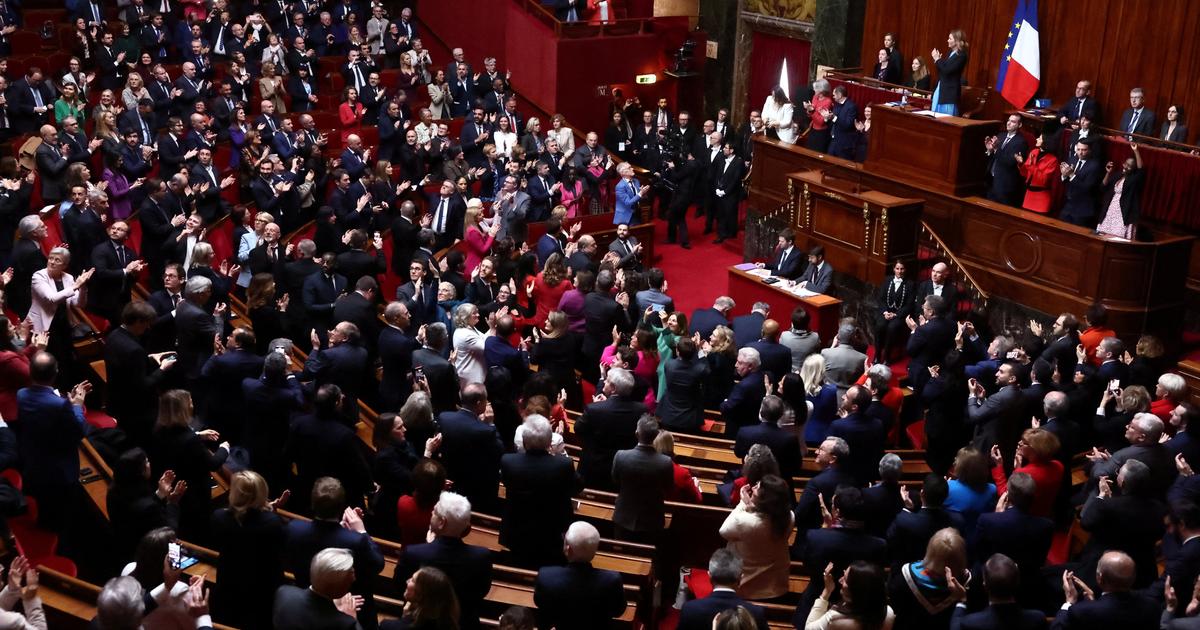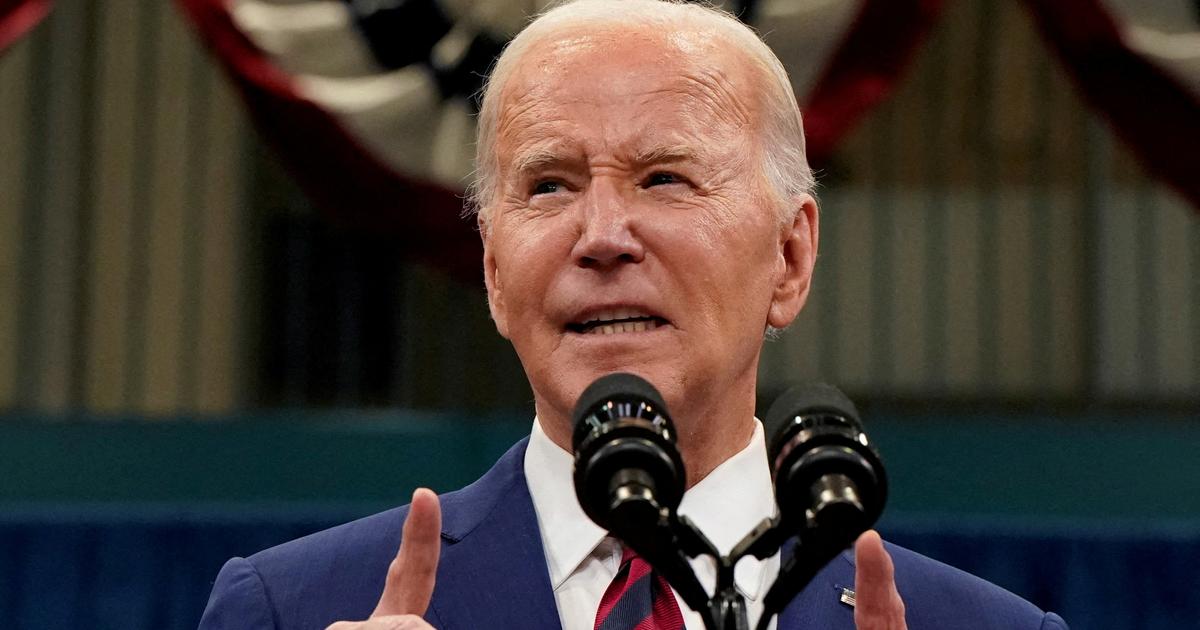US: recession or slowdown?
1:50
New York (CNN Business) --
The US economy didn't get the memo that it's supposed to be in a recession already.
The brutal GDP report released on July 28, showing that the economy had contracted for the second consecutive quarter, led some to insist that the much-feared recession had already arrived.
And in a way that makes sense: Since 1948, every consecutive period of negative growth has coincided with a recession.
But the argument that the recession is already here has been seriously undermined since that GDP report came out.
A series of events over the last 10 days suggest that such recession declarations are premature, to say the least.
Why some people really want a recession (and others say it's crazy)
Yes, the economy is cooling off after last year's runaway growth.
But no, it doesn't seem to be suffering from the kind of downturn that could be called a recession.
advertising
Consider the following events:
The economy added more than half a million jobs in July alone.
The unemployment rate fell to 3.5%, the lowest level since 1969.
Inflation calmed down (relatively) in July, both for consumers and producers.
Gasoline prices fell below $4 a gallon for the first time since March.
Consumer confidence has recovered from its historical lows.
The stock market posted its longest weekly winning streak since November.
Mark Zandi, chief economist at Moody's Analytics, has only increased his confidence that the US economic recovery is intact.
"This is not a recession. It's not even in the same universe as a recession," Zandi told CNN.
"It is clearly wrong to say that it is."
Zandi said the only thing that indicates an ongoing recession is those consecutive quarters of negative GDP.
However, he predicted that those GDP declines will eventually be revised.
And the first indicators suggest that the GDP will be positive this quarter.
Of course, none of this means that the economy is healthy.
It's not.
Inflation is still too high.
And none of this means the economy is out of the woods.
It's not.
A recession remains a real risk, especially next year and in 2024, when the economy absorbs the full impact of the Federal Reserve's monstrous interest rate hikes.
And it's still possible that the economy will stumble so badly in the coming months that economists at the National Bureau of Economic Research, the official arbiter of recessions, will end up declaring a recession started in early 2022. But for now, it's too early to tell. affirm it.
How long could inflation last in the US?
4:02
The job market is still hot
The biggest problem with arguing that a recession has already begun is the fact that hiring accelerated—dramatically—in July.
Last month, 528,000 jobs were created in the United States, bringing payrolls back to pre-crisis levels.
An economy in recession does not add half a million jobs in a single month.
"I don't think any of the data on the current state of the economy is consistent with what we tend to think of as a recession," Brian Deese, director of the White House National Economic Council, said in a phone interview with CNN last week.
In any case, the labor market is too hot.
And that's a problem for the coming months because it allows the Federal Reserve to aggressively raise interest rates without doing widespread damage to the labor market as it tries to slow down the economy.
The risk is that the Federal Reserve will end up hitting the brakes so hard that it slows the economy down into a recession.
Inflation gives the US a break in July
Inflation cools down, at last
There is a growing sense that the worst is over on the inflation front.
Inflation's biggest headache, gasoline prices, is finally easing off to a large extent.
The national average for regular gasoline has fallen by more than a dollar since hitting an all-time high of $5.02 a gallon in mid-June.
In addition to gasoline, diesel and jet fuel prices are also falling, reducing inflationary pressure on the rest of the economy.
The energy cooldown lowered inflation indicators in July and should do the same, if not more, in August.
The Bureau of Labor Statistics indicated last week that consumer prices were 8.5% higher in July than a year earlier.
Although this figure is still alarmingly high, it is down from the 40-year high of 9.1% recorded in June.
And, month to month, prices hardly changed.
This is how the slowdown in the economy can affect the interest rate 1:22
Wholesale inflation may also be peaking.
The producer price index, which measures the prices paid to producers for their goods and services, slowed in July more than expected in year-on-year terms.
And the PPI declined month over month for the first time since the economy closed in April 2020.
The better-than-expected inflation reports reflect not only lower energy prices, but also less stress on supply chains, which have been affected by covid-19.
What would a recession look like?
In a way, the recession debate is semantic.
Recession or no recession, it is clear that Americans are suffering right now because the cost of living is too high.
Real wages, adjusted for inflation, are shrinking.
And while consumer sentiment, as measured by the University of Michigan, has risen for two months in a row, it remains near record lows.
However, for many, an actual recession would be far more painful than the current environment.
A recession would likely mean the loss of not just hundreds of thousands, but millions of jobs.
Unable to afford their mortgage payments, families would face foreclosure on their homes.
And small, medium and large companies would go bankrupt.
Neither of those things is happening in any significant way, at least not yet.
But flashing red lights in the bond market suggest that could change.
The yield curve—specifically, the gap between 2-year and 10-year Treasury yields—remains inverted.
And in the past, this has been an eerily accurate predictor of recessions.
It has preceded every recession since 1955.
Still, recent economic data suggests that the potential recession may have been delayed, not canceled altogether.
Although the risk of a recession in the next six to nine months appears to have decreased, Zandi said, the risk of one in the next 12 to 18 months has increased.
"The odds of a recession remain uncomfortably high," he said.
Inflation USA Economic recession


/cloudfront-eu-central-1.images.arcpublishing.com/prisa/X33WQ3GSYFF3DBKJDAVIGHN3DA.jpg)






